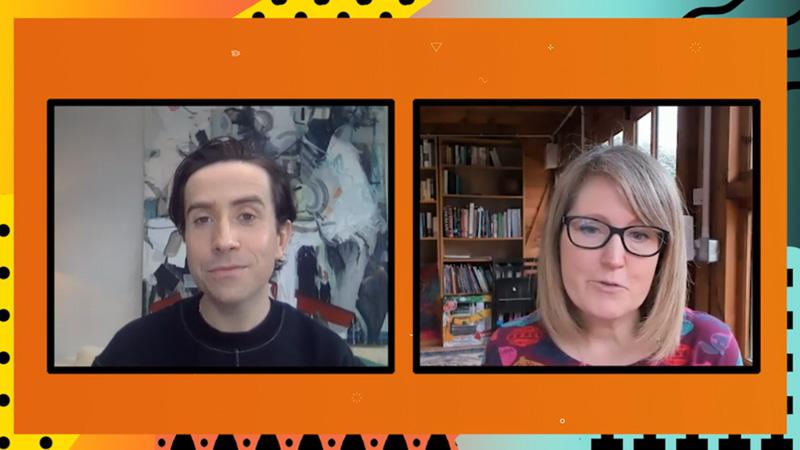Professor Catherine Loveday, Professor of Cognitive Neuroscience, was interviewed by BBC Radio One DJ Nick Grimshaw for BBC Bitesize about how music can help your wellbeing.

In the interview, Professor Loveday spoke to Nick Grimshaw about the links between music and wellbeing, and said: “We have known for many years that it [music] is very good for our health and you can see that measurably in the body. We can see changes in stress chemicals in the body, but we can also see changes in our immune response and our heart rate and so on. So, it makes a really good physical impact on our body.
“But it is also interesting to look at the ways in which it helps our wellbeing, so it really can help us with relaxation. It can help us regulate our emotions, it can motivate us, it can absorb and engage us, it can help us to study, it can help us to sleep. So, it is really good for lots of different aspects of our wellbeing.”
Talking about how people can incorporate music into their lives to improve their wellbeing, Professor Loveday added: “I think, fundamentally, it is about experimenting with what works for you, because we do know it depends on the person and the situation. There are some great playlists out there which might get you started, but of course, your personal taste is going to be really important for that.
She added: “I suppose the last thing to say is just bear in mind that although this is going to work for most people, there are a small number of people who do not have that emotional reaction to music, and so it is not a panacea, it is just very good for lots of people.”
Watch the full interview on the BBC Bitesize website.


